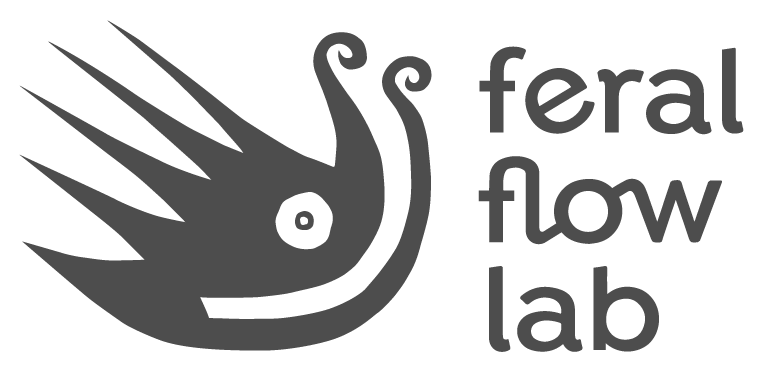We may get caught in complaint, but when we do, it’s because something in us is unresolved, and the best tonic for this is validation and compassion, not pressing ourselves to look on the bright side or to set aside complaint.
We live in a culture that often insists we “keep our chin up”… I find this is the case in all the places I’ve lived, perhaps with some nuances, but in a general enough way that I can name that as a pattern.
Perhaps you’ve noticed that people on a whole tend to be uncomfortable with complaint. It could be a well-meaning concern for your wellbeing, or maybe it’s a fear or discomfort in getting pulled under by another’s negativity because someone is already in an overwhelming battle of their own. Or maybe it’s an entrenched belief that we should be able to shift how we feel, because “our perception creates our reality” (something that is not altogether inaccurate, but that often lacks a true understanding of how our consciousness works).
Whatever the reason, there is often an implied understanding that we shouldn’t complain or that complaint should be reserved to the backrooms of the closest of friendships… leading to the tongue-in-cheek Argentinian custom of responding “bien, ¿o te cuento?” (“fine, or should I tell you about it?”) when asked how we are.
We would do well to make more room for others to complain, and to allow ourselves complaint as well. Babies, children and animals know to do this instinctively—and from that the saying in Mexico, “niño que no llora no mama” (“the child that doesn’t cry doesn’t get breastfed”). Complaint can be an important nervous system release, and a bid for support or connection. It’s a natural survival mechanism to obtain rescue, attention, or simply empathy and understanding.
It’s also true that complaint can become entrenched, a kind of “go-to” evasion that puts us off from actually taking action or being with our discomfort or pain. Sometimes we let off steam and then go right back to enduring whatever it is we’re enduring. But I’d say that particular stuck point is also due to something that needs attention. Perhaps fear of taking action, or an inability to see a way out. And, again, the best tonic to approach this stuckness is curiosity and compassion.
So you can’t go wrong with getting a little closer to what’s ailing you, or someone you care about, without wanting to shift it right away. With taking a moment to pause and be present with it.

 English
English Español
Español
Recent Comments